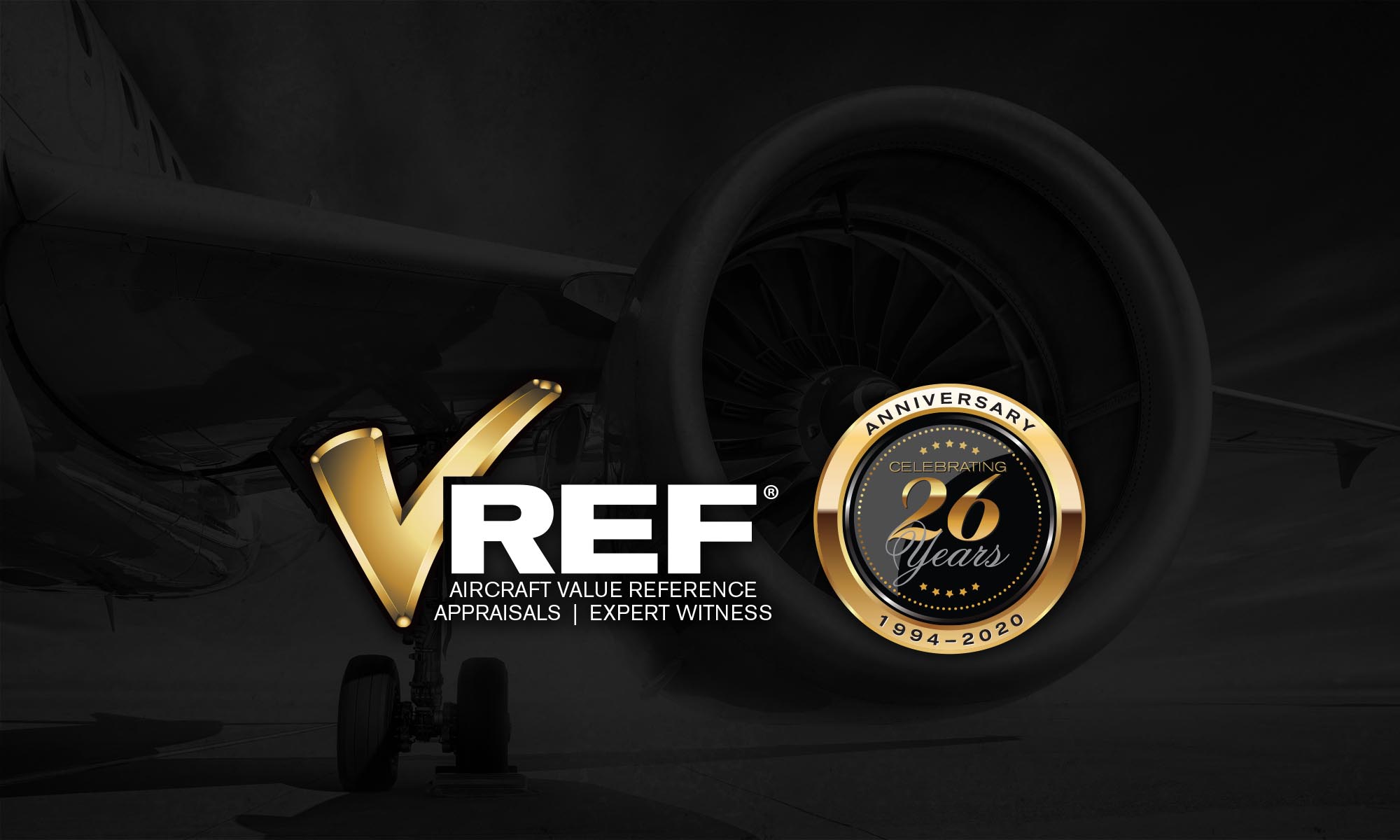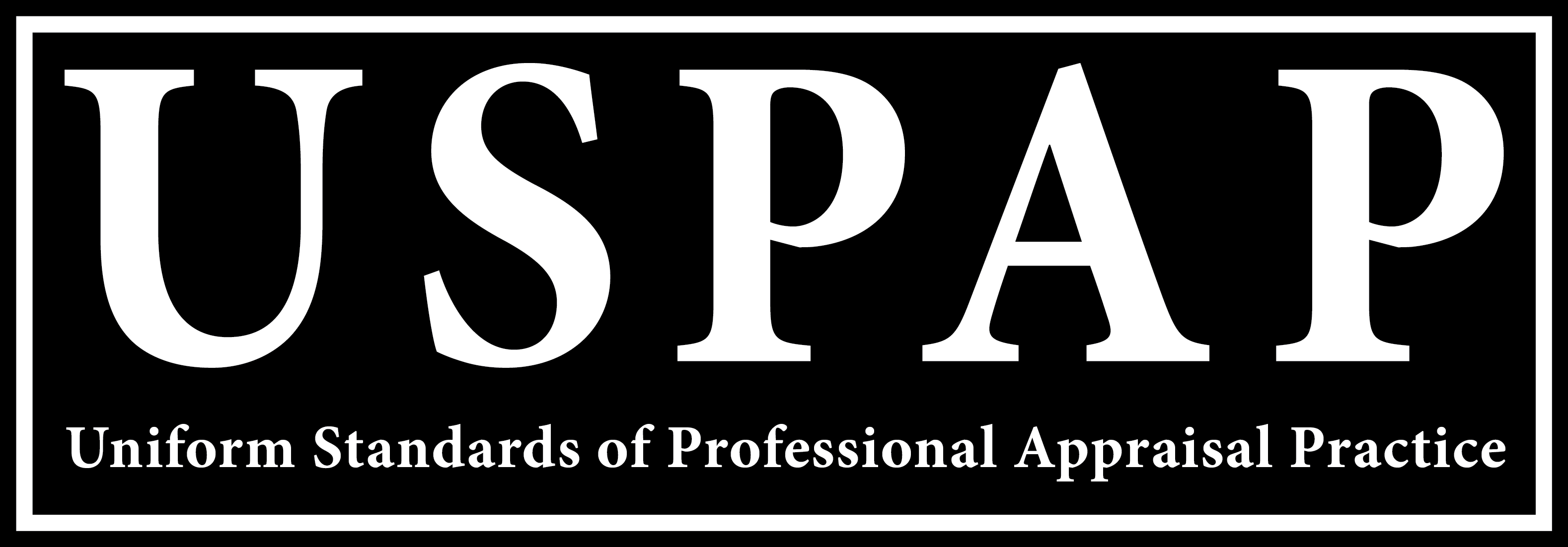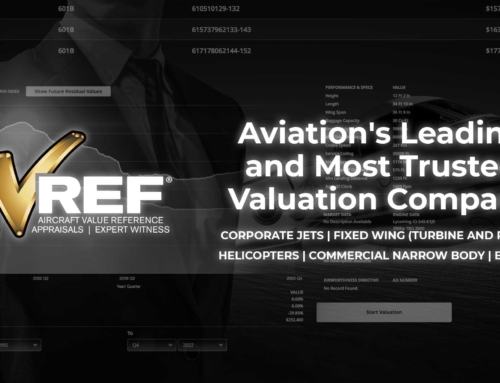Buying an aircraft is an intimidating process. Researching and reading often lead to even more confusion and questions. So how do you hire a broker? More importantly, why do you need on?
The good news is that you’ve come to the right place by reading this article. Detailed below are seven key questions to ask your potential aircraft broker before signing any paperwork.
After all, he or she will have the expertise you need to ensure you’re financial investment is worthwhile. An aircraft broker should have substantial knowledge and experience in the aircraft you are interested in purchasing. He or she should be able to provide you with a comprehensive written report that contains valuable information regarding the acquisition, market demand, competing for aircraft, the pros and cons of each, as well as a comparison of available aircraft. Brokers that own their inventory are called Dealers. Just like a car dealer, an aircraft dealer will buy and sell planes to put on their “lot.” Keep reading to learn more.
1. Who Is Paying the Fee for the Brokerage Services?
Of course, one of your first questions will likely be about the money. You don’t want to get taken advantage of, after all.
So bottom line, what are my options? For most transactions involving run of the mill aircraft (Vintage, Warbird, Commercial may vary) most brokers will offer their services on either a flat fee or percentage basis. There is nothing wrong with either approach, but a flat fee arangement will provide more clarity as to what is owed at closing. Percentage agreements are by far more familiar with business jets, but you can still request a cap to those fees.
Fees get complicated when you, as the buyer, do not mandate language protecting your position in the transaction. Buyers should, at a minimum, require fiduciary language in the brokerage agreement. After all, you want your broker representing your best interest, not his right?
This leads to the common question: what is a Buy/Sell Agreement or as most people call is back to back?
Back to back is when the selling party is dealing with an intermediary who is using the money of the buying party to take a middle man position in the transaction. As a buyer, you should know who owns the aircraft before you, and your bank will require this information to comply with Know Your Customer and OFAC regulations.
As you can already see, it is much harder to hide the owner of the aircraft today then it was a decade ago. Still, some brokers will attempt this maneuver without full disclosure, and that is when things can go wrong. While there is nothing wrong with someone taking advantage of a profit opportunity, the success rate increases dramatically when all parties know who each other are.
2. Is the Potential Aircraft up to Industry Compliance Standards?
It’s no secret that you can’t just fly anything you want in open space. There are a ton of regulations around owning and operating a personal aircraft. It’s going to be your responsibility to do the research and know what to expect as an aircraft owner.
While ADS-B Out and 2020 compliance was at the forefront of brokers’ communications to clients last year, there are many cases of compliance standards causing issues with aircraft transactions.
Are you planning on putting your aircraft on a Part 135 certificate? Does your plane conform? What about buying a foreign aircraft? Does the plane your broker is pushing have tons of equipment installed you’ll not only never use but never need? Better yet, for our Overseas clients, what about when you buy an N registered plane and attempt to import it to the EU?
In other words, compliance is a loaded word with many definitions,and you are leaning hard on your broker not only to explain it but keep you out of trouble.
So ask your broker for referrals, talk to other clients and make sure things went well before you jump in and sign that contract.
3. What Kind of Specialized Experience Do You Have?
Sometimes, aircraft brokers specialize in specific kinds of aircraft, and it makes sense to go to the true industry expert when particular aircraft are calling your name.
For instance, imagine you’re on the hunt for the latest and most significant private jet that fits your budget. Well, you wouldn’t want to hire an aircraft broker who only has experience selling helicopters. Knowing the background and expertise of your aircraft broker can give you the peace of mind you need to make your investment.
We talk about the experience all the time, and it is the great equalizer. While there is nothing wrong with hiring someone who has little to no experience, it is up to that broker to be transparent and tell you before you are rooted in the weeds.
4. Should I Charter My New Plane?
This is the most common question I am asked by potential buyers. The answer is if you are relying on charter revenue to pay for your aircraft, meaning you can not afford it, or it will be a stretch to maintain it, then DON’T buys it. Chartering a plane is a business, and you should only buy an aircraft as an investment if you will never need to rely on the cash flow to keep it. Remember, one slow month can cripple your plans, your budget, your revenue, and lead to the worse possible outcome, a forced sale.
If you do decide that chartering makes sense, then you need to start talking to aircraft owners tog et referals of possible management companies. This is a complicated subject so we will save this one for a future article.
5. What Will Long-Term Operating Costs Look Like After I own it?
After all, it’s essential that you consider those long-term operating costs as you move forward. Potential repairs and maintenance just one piece of the puzzle. Are you enrolling in a power by the hour program? Programs like JSSI, PistonPower, MSP, GE Onpoint, HAPP, CASP (there are dozens) not only remove the surprises but will increase the value of your asset. Surprises can not be avoided, and aircraft ownership is more about managing shocks than anything else. So set aside funds and keep them set aside to pay for significant expenses as they come due.
For more detailed guidance, check out this article on the operating costs of owning a private jet. You don’t want to have a luxury aircraft sitting around unused because you didn’t plan for a required repair cost.
6. Does Your Aircraft Broker Have a Good Reputation?
At the end of the day, you deserve to have complete trust in your aircraft broker. Be willing to do some initial research to back up their reputation. Ask for referrals and call them! Check their listings and see how active they are in the market. Is the broker willing to travel to meet you? Can he or she invest in you and get the deal closed? Does your potential broker have access to resources and industry data?
Most brokers will be honest, open, and ready to earn your business. So what else can I do to protect myself? Read the specs of aircraft being presented carefully, and do some independent research. Is the serial number or tail number missing?
Some brokers like to sell off-market aircraft so that they do not have to get the listing, or in most cases, the owner simply will not give any broker the exclusive listing. Buyer beware, this could be a substantial golden opportunity like a pocket listing in real estate or the beginning of a long battle to get clarity on whom you are buying the aircraft from. After all, you hired your broker, so why should you have to deal with a bunch of them in the middle?
Hire a Reliable Aircraft Broker Today
At this point in the article, you have a thorough understanding of what to ask your aircraft broker. It’s worthwhile to prepare these questions ahead of time for a variety of reasons.
That’s why it’s so important to do your research about your potential aircraft broker. You deserve to feel at complete ease when doing business with him or her.
If you are still confused or need help to understand the value of an aircraft, call us, 844-303-VREF. We are always available to help and even refer to some great brokers who can help buy your dream aircraft.
To start, check out more details about getting a reliable aircraft appraisal from our experts. That way, you know you’re purchasing a new luxury aircraft worth your investment in the long run.






